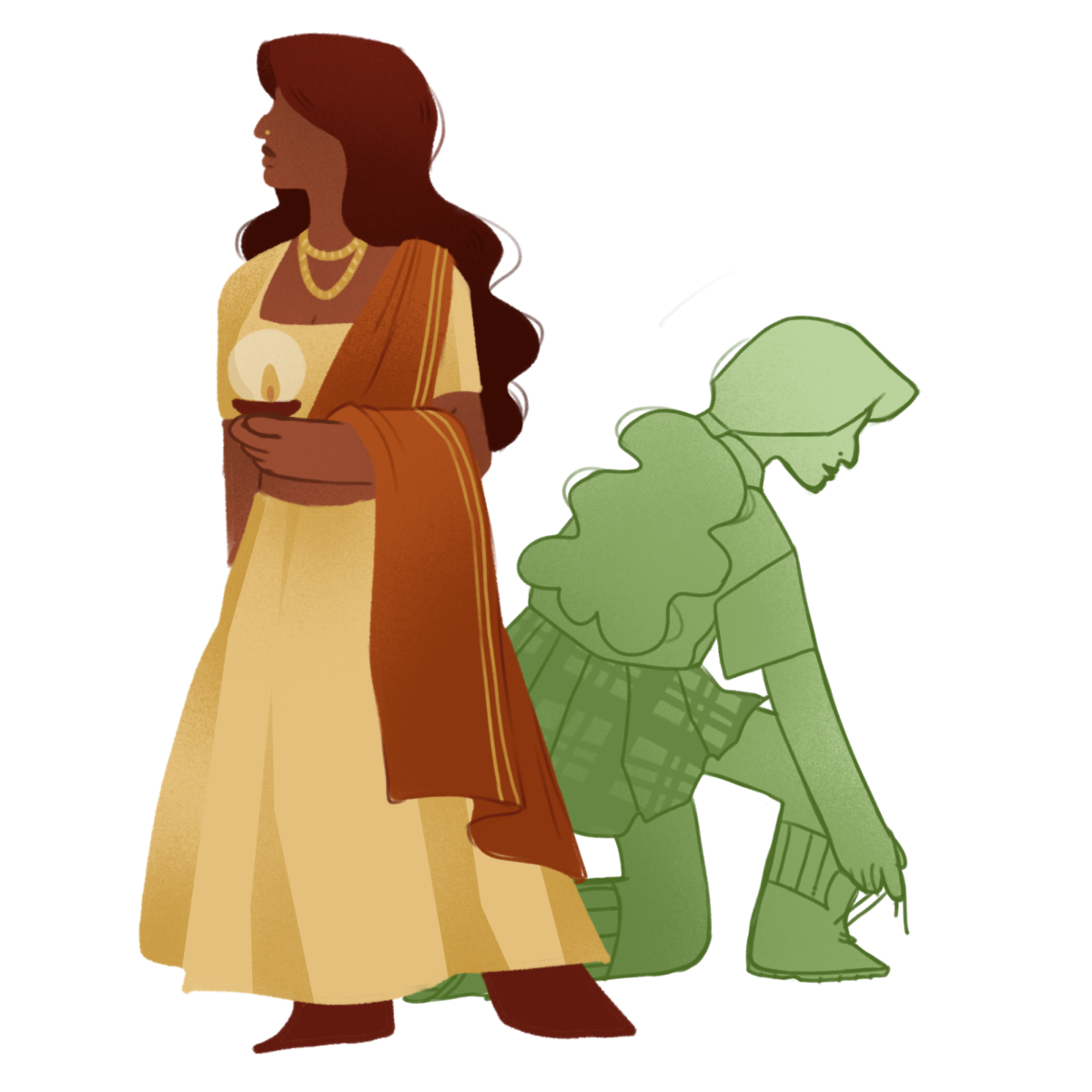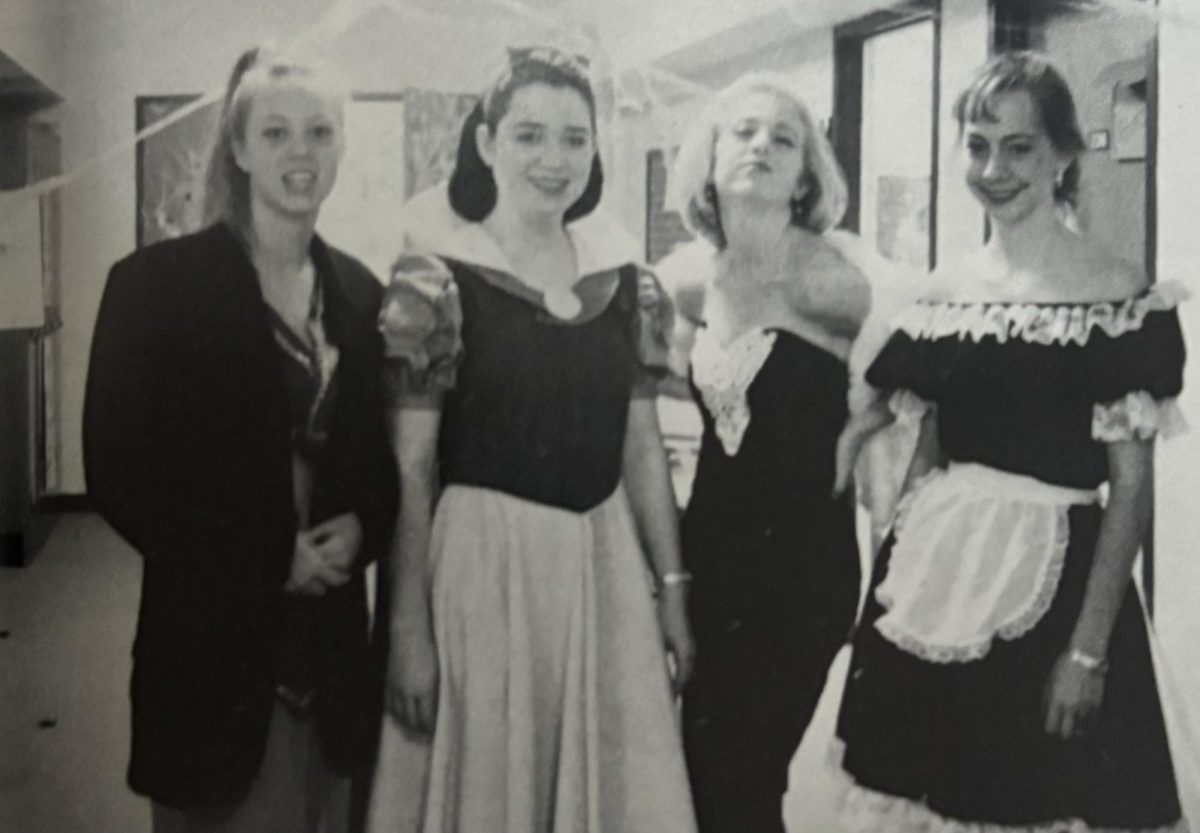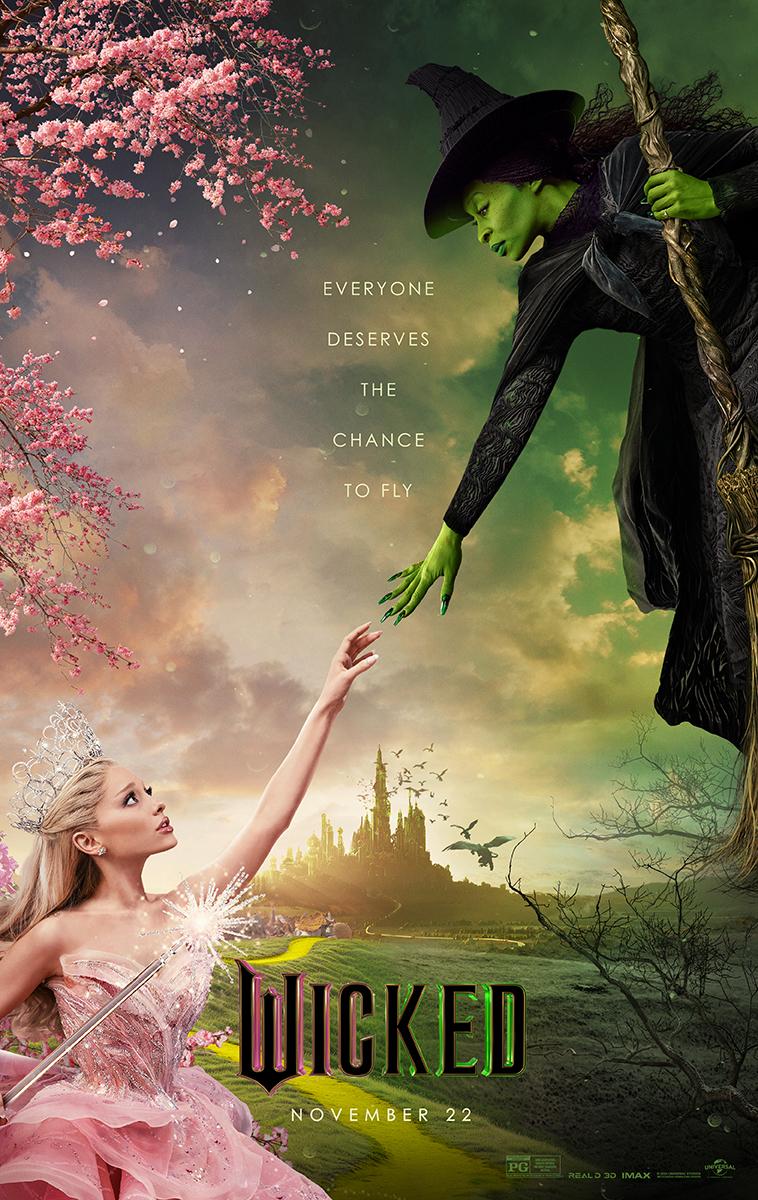Students everywhere are starving. The Hockaday student body—however adamantly we try to deny it—is no exception. In nearly every school’s curriculum, public to private, there is a gaping hole. As a culture, we seem to have mastered the art of rote learning, yet when it comes to the cultivation of imagination and development of passion, we hardly know where to begin.
This is essentially what Dr. Stuart Brown, founder of the National Institute for Play, discusses in his book, Play: How it shapes the Brain, Opens the Imagination, and Invigorates the Soul. At its heart, “play” is an “apparently purposeless” activity pursued voluntarily, for its own sake. Even more simply, it is fun.
With the recent “HockaPlay” initiative, Headmistress Kim Wargo has urged faculty to incorporate elements of play into the classroom. And who can blame her? Stress has become a defining feature of Hockaday, evident from the very moment one walks through the doors. The collective stress among the Hockaday student body is practically palpable.
Among many students, it has become a running joke, a source of constant commiseration. Some have gone so far as to suggest, only half in jest, the establishment of “crying rooms” to house the hordes of overwhelmed students. I think most of us can agree this is not an issue to be taken lightly. But scheduled playtime is not the solution.
We live and work in an environment of incredibly driven girls with their minds set on scoring admission to highly ranked universities. For the Hockaday administration to ask these students to fit time for play into their already overloaded schedules is unreasonable and, frankly, hypocritical.
Years of school have trained us into machines of efficiency. Each of us, by this time, has developed an individualized regimen for balancing work and leisure. To disrupt a veteran student’s routine would only lead her to feelings of guilt, panic and gradually compounding levels of anxiety.
What we face in education today is a natural repercussion of the American capitalist system. It extends far beyond the walls of Hockaday. To change it would necessitate an overhaul of deeply rooted cultural beliefs. This kind of change doesn’t start at Hockaday.
America’s obsession with work is no recent development. For centuries, we have praised people for their work ethic. Wealth, not happiness, is the measure by which we value one’s success.
Meanwhile, work plays a dual role as the scourge of society. Even the Book of Genesis tells us work was established as punishment for Adam’s sin. After all, why do we work, if not to enjoy the retirement that awaits at the end? As Aristotle once said, “We work to have leisure, on which happiness depends.”
We work because we feel guilty when we do not. We work because work gives us money, and money, in theory, buys us a comfortable future. As citizens of capitalist America, we perceive a duty to become cogs in the great corporate machine, and this begins in education.
But, as Brown points out, work does not have to be antagonistic to play. In fact, his description of play is so vague that it escapes a single definition. It seems play can be almost anything to anyone, so long as it is enjoyable. This is the kind of change we can achieve at Hockaday.
Work is only work when we aren’t enjoying it. If Hockaday were truly dedicated to offering its students more benefits of play, it would increase leisure time by decreasing the amount of work assigned. This, as opposed to integrating play into our school schedules, would allow students the joy of serendipity.
Perhaps even more importantly, students should be encouraged to choose courses they are passionate about, courses they will enjoy, as opposed to those that simply “look good” for college. If we allow passion to play a larger part in education, students will naturally become more engaged in the classroom and less stressed outside of it.
We know how to play. I see it in the hallways during every passing period—groups of girls laughing, singing, smiling together. But at home, the prospective joy that may arise from a few hours of reading a book or going out with a friend pales in comparison to the prospect of punishment for neglecting to complete one’s homework.
-Annabel




